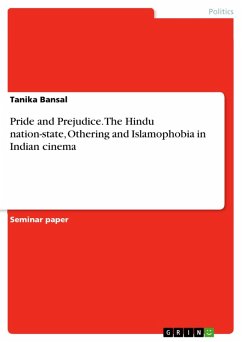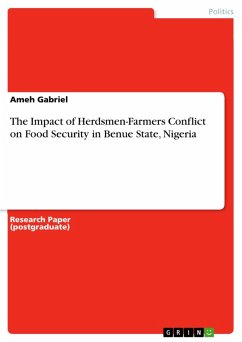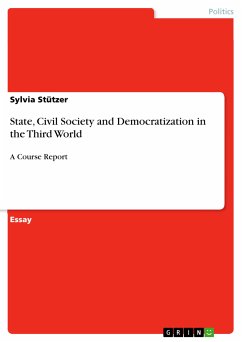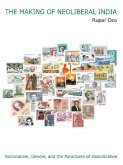Seminar paper from the year 2018 in the subject Politics - Region: South Asia, grade: 4.17, S. Rajaratnam School of International Studies,Nanyang Technological University (S. Rajaratnam School of International Studies), course: International Relations, language: English, abstract: This paper seeks to illustrate how popular cinema has dealt with the liminality of the Muslim "Other" in the nation-space by representing Muslims either in a stereotypical manner or by appropriating them into the normative Hindu self especially post 1990s, displaying sentiments of "nationalistic supremacy". The key word here being "nationalistic or nationalism" - a political ideology characterised by the promotion of the interest of a nation-state, especially with the aim of gaining and maintaining sovereignty over "home-land"; and rejecting or 'othering' ideologies. The rejection of the 'othering' ideology refers to Islamophobia, which becomes another recurring theme in this essay. Cinema, similar to its contemporary mediums, has acted as a capacious cultural space for politicians, reactionary ideologues, and the defenders of a particular social belief system to reconstruct and reinterpret the archaeologies of the imaginary world built on celluloid, in a manner that suits their own agenda. In the process of such reconstruction, cinema is used to establish linkages between the publicly contested socio-political and historical meanings prevalent in a nation and the filmic world created by cinematography.
Dieser Download kann aus rechtlichen Gründen nur mit Rechnungsadresse in A, B, BG, CY, CZ, D, DK, EW, E, FIN, F, GR, HR, H, IRL, I, LT, L, LR, M, NL, PL, P, R, S, SLO, SK ausgeliefert werden.









